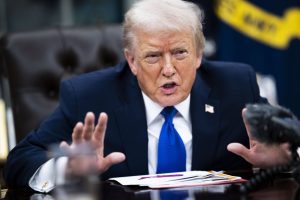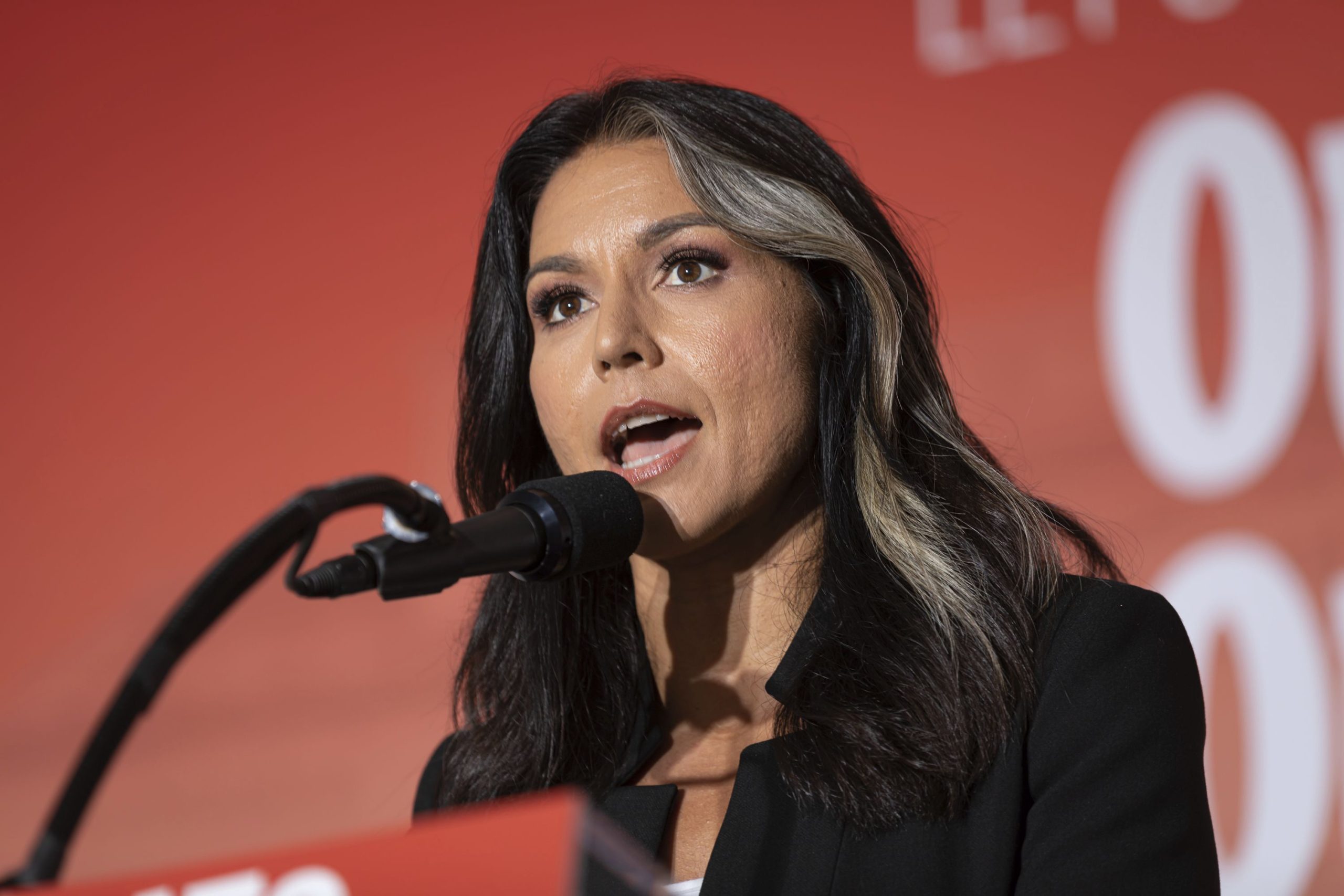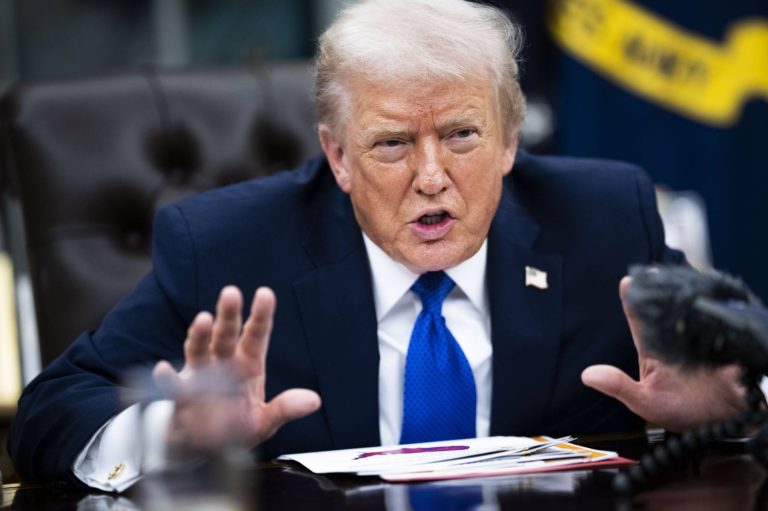DNI Tulsi Gabbard Accuses Washington Post Reporter of Harassing Intelligence Officials
Director of National Intelligence Tulsi Gabbard accused a Washington Post reporter of harassing members of the intelligence community. In a post on X (formerly Twitter), Gabbard directly named national security correspondent Ellen Nakashima, claiming she bypassed official channels to pressure high-ranking officials into revealing sensitive information.
Gabbard: Reporter Used Burner Phone, Lied About Identity
According to Gabbard’s post, Nakashima contacted intelligence officers using a burner phone, failed to identify herself, and falsely claimed she was not affiliated with the Washington Post. Gabbard stated that instead of going through the press office, Nakashima directly called ODNI staff and demanded access to sensitive or classified material.
“Apparently, publishing leaked classified material wasn’t enough for the Washington Post,” Gabbard wrote, “so now they’ve decided to go after the Intelligence professionals charged to protect it.”
Gabbard further alleged that Nakashima had previously harassed and stalked her family while the journalist was reporting from Hawaii. “This is a clear political operation,” Gabbard continued. “The media establishment is so desperate to sabotage the president’s agenda that they’ve abandoned even the appearance of journalistic ethics.”
Washington Post Stands Behind Its Reporter
The Washington Post quickly issued a response. In a post of his own, Executive Editor Matt Murray defended Nakashima’s conduct and long-standing reputation. “For three decades, Ellen Nakashima has been one of the most careful, fair-minded, and highly regarded reporters covering national security,” Murray wrote.
He dismissed Gabbard’s accusations as an “unfounded personal attack,” adding that contacting sources directly is not harassment—it’s standard journalistic practice. “Reaching out to potential sources regarding matters of public interest is neither nefarious nor unethical,” Murray added.
https://www.youtube.com/watch?v=7WphX2CNHl0
Gabbard’s Office Doubles Down
Following the Washington Post’s statement, Gabbard’s deputy chief of staff, Alexa Henning, responded by posting, “Not a denial,” on X. This brief message suggested that the ODNI stands by Gabbard’s version of events and views the Post’s statement as evasive rather than substantive.
As of now, neither Gabbard nor the Washington Post has offered additional evidence to support or refute the claims. However, the confrontation has intensified existing tensions between government officials and mainstream media outlets.
Broader Implications for Journalism and Government
This clash highlights growing friction between national security agencies and political media. Critics of the Washington Post argue the outlet has shown bias against the current administration, while defenders of the press maintain that accountability journalism often invites backlash from those in power.
Whether the dispute results in legal action or internal review remains unclear. What’s certain is that the incident has sparked a fierce public debate over transparency, access, and the proper role of journalists when covering sensitive government operations.

Sarah Mitchell is a bestselling novelist recognized for her insightful and emotionally resonant stories that explore the complexities of human relationships. Originally from Denver, Colorado, Sarah grew up in a family of teachers who nurtured her curiosity and love for storytelling. She studied psychology at Stanford University, where she became fascinated by the intricacies of human behavior—an interest that would later shape her writing career. Sarah’s novels are praised for their nuanced characters, intricate plots, and ability to capture the subtle tensions that define love, friendship, and family ties. Her breakthrough novel, The Spaces Between Us, became an instant bestseller, lauded for its honest portrayal of strained family relationships and the fragile bonds that hold people together. Since then, she has published several works that continue to captivate audiences around the world. Outside of her writing career, Sarah is passionate about mental health advocacy and often partners with organizations to promote awareness and support for those struggling with emotional well-being. Her personal life is quieter—she enjoys hiking in the Colorado mountains, practicing yoga, and spending time with close friends. With each new book, Sarah Mitchell cements her reputation as a writer who illuminates the beauty and struggles of human connection.









